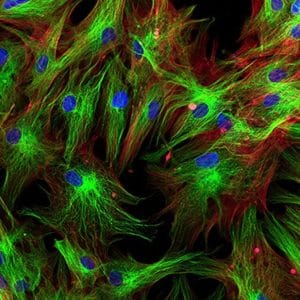Introduction to Prostate Cancer Prevention
Prostate cancer is a significant health concern for men worldwide, with late-stage diagnoses often requiring aggressive and costly treatments. Recent initiatives, such as the pledge by Human Longevity to provide million for advanced treatment to Executive Health Program members who develop late-stage prostate cancer, underscore the importance of proactive measures in combating this disease. As we delve into the complexities of prostate cancer, it becomes clear that early detection and preventive strategies are crucial in the fight against this condition.
The Complexity of Prostate Cancer
Prostate cancer, like many other forms of cancer, is characterized by the uncontrolled growth of cells in the prostate gland. This growth can lead to tumors, some of which may be benign (non-cancerous), while others are malignant (cancerous). The challenge in treating prostate cancer lies in its variability and the potential for metastasis (the spread of cancer to other parts of the body). Advanced treatments, including immunotherapy, hormone therapy, and targeted therapy, offer hope but also come with significant costs and potential side effects.
Current Research and Statistics
According to recent studies, about 1 in 8 men will be diagnosed with prostate cancer in their lifetime. The good news is that with early detection through screenings like the Prostate-Specific Antigen (PSA) test and digital rectal exams (DRE), the survival rate for prostate cancer has improved significantly. For instance, over 90% of men diagnosed with prostate cancer that has not spread beyond the prostate are expected to survive for at least five years after diagnosis.
Key Findings
Some key points to consider in the context of prostate cancer prevention and treatment include:
– Genetic factors: Family history plays a significant role, with men having a father or brother with prostate cancer being twice as likely to develop the disease.
– Lifestyle modifications: Diet, exercise, and maintaining a healthy weight can reduce the risk of developing prostate cancer.
– Screening importance: Regular screenings can lead to early detection, which significantly improves treatment outcomes.
Moving Towards Solutions
The pledge by Human Longevity to support members with late-stage prostate cancer underscores the need for comprehensive health programs that include preventive care, early detection strategies, and access to advanced treatments. By investing in such programs, individuals can significantly reduce their risk of developing late-stage prostate cancer. Furthermore, ongoing research into personalized medicine and genomic analysis holds promise for more targeted and effective treatments.
Personal Perspective on Research Implications
As someone who has followed the developments in prostate cancer research, it’s clear that the future of treatment and prevention lies in a combination of technological advancements, data analysis, and personalized healthcare approaches. The integration of artificial intelligence in analyzing patient data, for example, can help in predicting risk factors and in developing tailored treatment plans.
Looking Ahead: The Future of Prostate Cancer Prevention
The battle against prostate cancer is multifaceted, requiring a concerted effort from researchers, healthcare providers, and individuals. With initiatives like the million pledge for advanced treatment, there is a glimmer of hope for those affected. As we continue to unravel the complexities of this disease, it’s essential to focus on prevention, early detection, and innovative treatments. By doing so, we can look forward to a future where prostate cancer is not only manageable but eventually preventable. The journey ahead will be challenging, but with determination and the right strategies, we can make significant strides in enhancing human longevity and improving the quality of life for those at risk of or living with prostate cancer.














